Artburst Extras
Miami Arts Marketing Project (MAMP) Labs 2021 kick off with session on Marketing Success
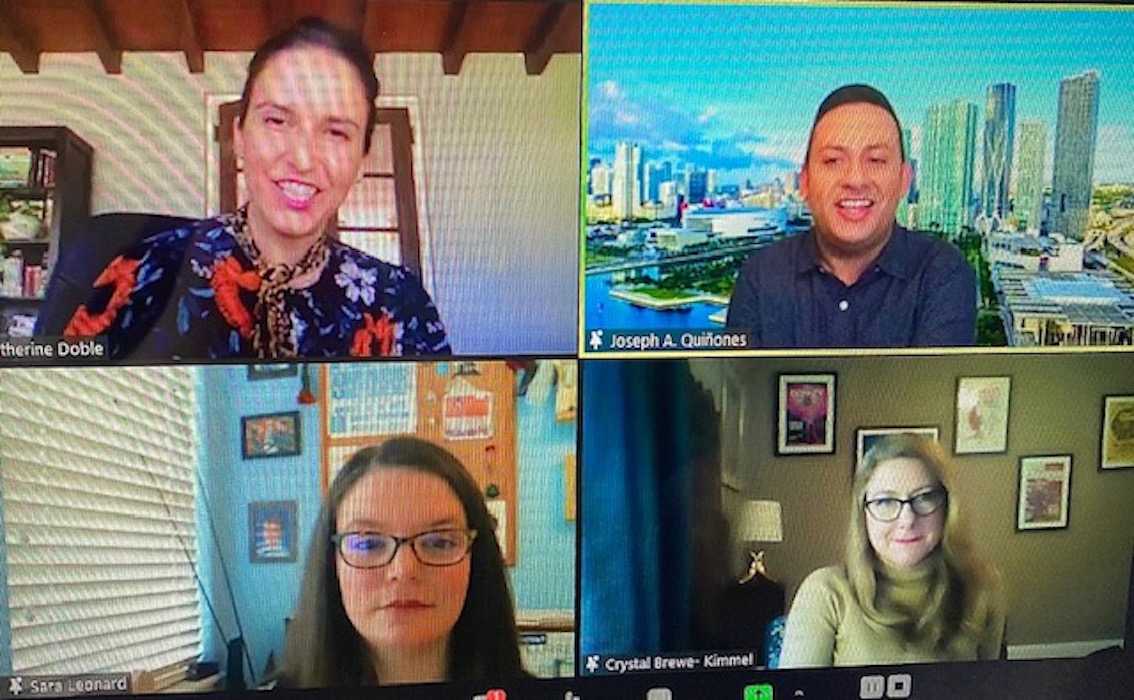
Navigating marketing expertise in regular times can be a challenge for arts groups. Throw in a pandemic and the cancelations of events and challenging becomes an understatement.
Keenly aware of these issues, the Arts & Business Council of Miami kicked off their Miami Arts Marketing Project (MAMP) Labs by hosting a workshop on “Marketing Success: What’s Working Now.”
Serving as session leader was seasoned marketing professional Joseph Quiñones, vice president of Marketing at the Phillip and Patricia Frost Museum of Science.
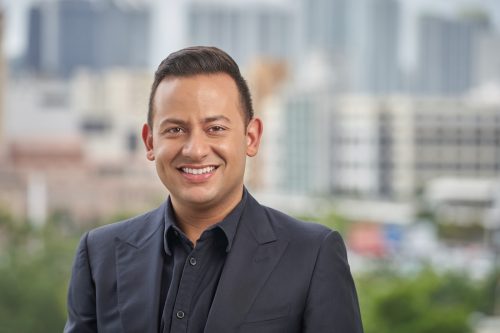
Joseph A. Quiñones, Frost Science Museum
He guided the conversation with Sara Leonard, founder and principal at Sara Leonard Consulting, LLC who works with nonprofit arts organizations; Crystal Brewe, senior VP of Strategic Marketing & Communications, Kimmel Cultural Campus at the Kimmel Center in Philadelphia and Katherine Doble, president of Ingage Biz a digital marketing data analysis and strategy firm in Miami.
The trio shared vital information about their work in the arts and shared expert advice with regards to best marketing practices during a pandemic.
Leading the conversation, Quiñones, a member of the MAMP Committee was happy to lead the workshop.
His thoughts about the day:
“I was honored to serve as the moderator of the first MAMP Lab in the “Reimagine 2021” series by the Arts & Business Council of Miami. As a longtime Council member and participant, I know the value these type of events have on personal growth and navigating the ever-changing marketing landscape for cultural organizations,” he said.
Quiñones went on to say, “I was so impressed by our three incredible featured speakers. Each one brought their own unique perspective and experience to the webinar. The ongoing pandemic has greatly affected all of us in the cultural sector, and it’s so vital that we learn from each other so that we can continue to amplify our voices and be a resource for our communities.”
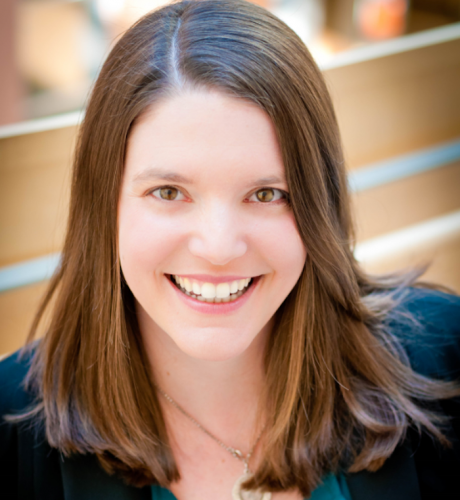
Sara Leonard, Sara Leonard Consulting
Sara Leonard shared this insight:
“The ground that arts organizations stand on is shifting so rapidly right now. I’m hoping that my presentation helped organizations get up-to-date with the available information, and to tune into what really requires our focus when we’re building and engaging audiences,” said Leonard.
The main points she covered included:
- Learning mission driving and capacity viable ways.
- Remembering that intent does not necessarily equal behavior and we need to exert influence wherever possible.
- Remembering audiences have specific needs and desires as well as evolving expectations.
- Realizing that 2021 audiences will not just reappear when we open the doors.
- Remembering the fundamental reasons people want to engage with us are the same as before – to socialize, connect and have fun.
“We’re best able to serve and grow our audiences when we deliver what they’re looking for. My hope was that my presentation empowered organizations with data, analysis, and reflection that will help them ask great questions at the organizational and community levels and speak more deeply to what their audiences expect and desire from them,” said Leonard.
Overall, she was pleased with the session. “The group asked great questions of all three of us. The bridge between absorbing the concepts and putting tactics into place is a critical and tricky one,” Leonard said. “I hope we were able to offer some pointers to folks during the Q&A. To me, it is a real joy to work one-on-one with organizations to put all of this information into practice.”
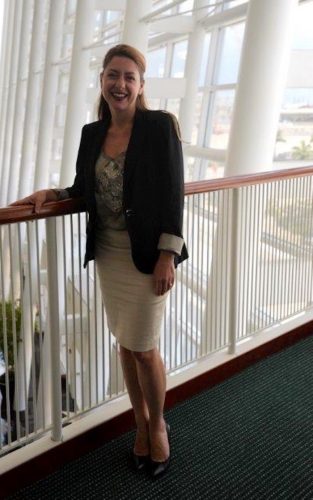
Crystal Brewe, Kimmel Center
Crystal Brewe shared some of the Kimmel Center’s challenges due to their continued closure due to the pandemic. She used that experience to share strategies they have implemented when up against such tough odds.
“Your challenges pre-Covid need to be considered — these aren’t likely going away. Somehow many arts organizations felt an immediate pressure to not only stay afloat but to address all of their issues and emerge as changed organizations,” said Brewe. “Certainly, there is room for change for all of us, but Kimmel furloughed 100 per cent of its team to some degree, so with limited staff resources and no income, the idea of reinventing ourselves became daunting.”
The Center’s closure somehow served to open their minds she said. “Unlike the days where we were overwhelmed with getting butts in seats, we were solely focused on the purpose at the forefront of our mission: to engage our diverse community. We almost had to become a non-profit organization overnight, communicating with more focus our pride points and assessing our assets as an organization to drive relevancy with our community.”
Ultimately, these are the lessons they learned at Kimmel Center, which she shared with workshop participants.
“Not every engagement opportunity has to be a streaming or digital event. We identified unique ways to continue to fill the community’s needs and this continues to be a win for the Kimmel Cultural Campus. We transformed our education programs to the online space and expanded them to include ‘virtual field trips’,” said Brewe. “And we partnered with local charities on food and blood drives, served as a polling place for the midterm and presidential election, and even opened our doors as a peaceful resting place for protesters and police over the summer.”
And…
“We also learned that asking for favors and reaching out to other organizations to identify shared goals and resources was a big win. We partnered with Spotify, creating thematic playlists, we partnered with several radio and television stations to bring them artful moments and creative contests. Plus, we secured significant free PSA airtime, driving significantly more relevancy impressions than some of our attempts at streaming events.”
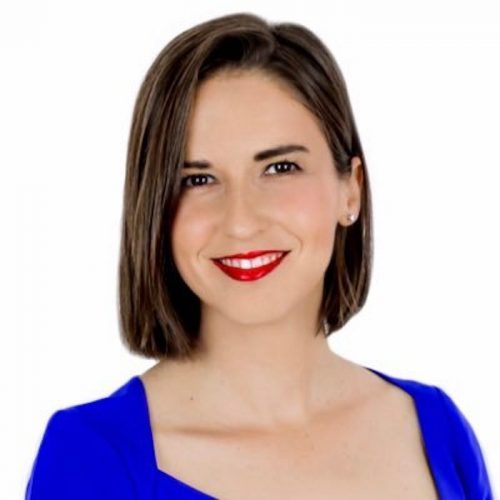
Katherine Doble, Ingage Biz
Finally, Katherine Doble was a calming source for participants, asking everyone to take a deep breath, pat themselves on the back and realize their resilience.
She then went on to remind them to challenge any assumptions they bring to the table, realize that they are not their audience and to be very clear and true to themselves and see the reality.
Doble said she “thoroughly enjoyed the energy from the other panelists and the attendees. Arts marketers have a lot of passion and love for their jobs. My hope for all arts marketers is to go back to basics – set simple goals, create the strategies to support them and follow the plan despite all the noise,” she said. “Messaging, timelines and tactics may need to be adjusted but the goal should always guide the decisions.”
She also feels that are arts and non-profit marketers are asked to do and know a lot including social media, advertising, search engine ranking, data analytics, content writing, video editing “the list goes on,” said Doble. “The questions I received speak to these expectations. Arts marketers should assess their knowledge and skills, compare it to the organization’s needs and create a reasonable plan to fill the gap.”
Summing up the constant life on Zoom and virtual, Quiñones’s one wish – that it would have happened in person.
“Unfortunately, we were unable to gather in person, but I am optimistic that we can return to engaging in real life very soon. Until then, these virtual events are critical so that we can continue to connect and learn. It also gives others across the country the opportunity to participate.”
The next MAMP Lab “Fundraising in the New Landscape” is set for Feb. 23. Click here for details and to register.
ArtburstMiami.com is a nonprofit source of theater, dance, visual arts, music and performing arts news. Sign up for our newsletter and never miss a story.
